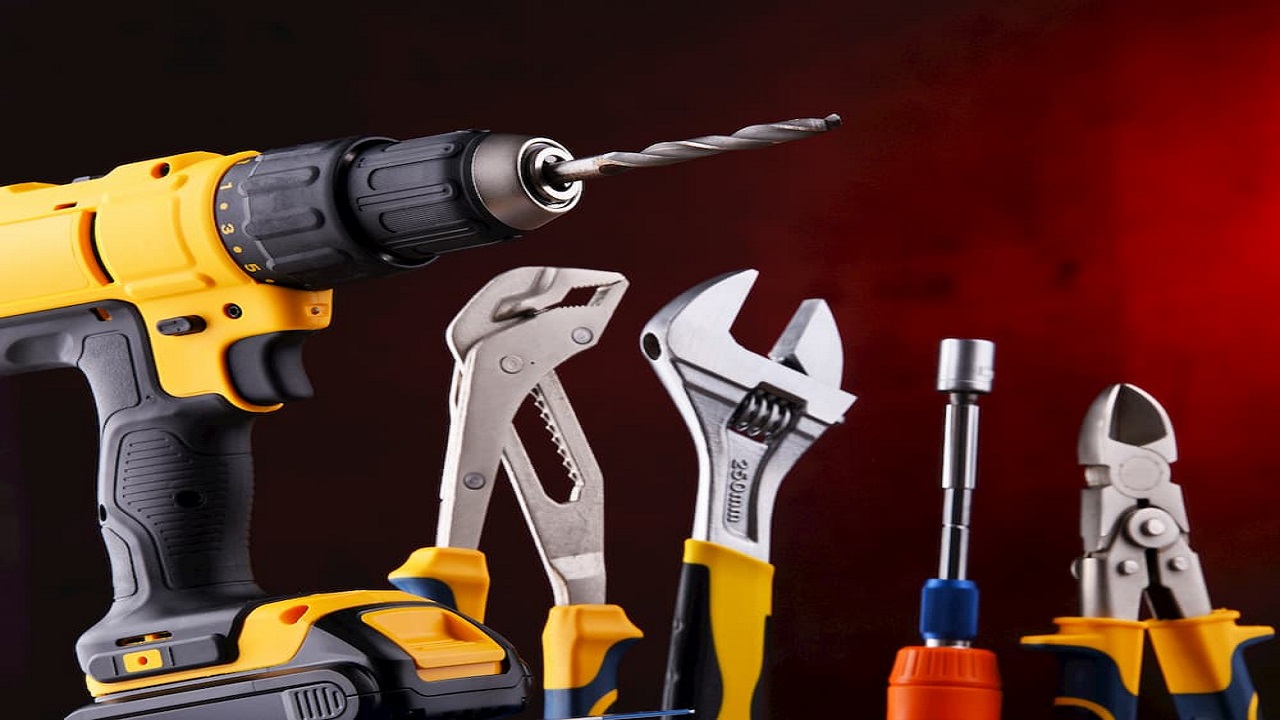While looking for hand tools for industries, it becomes paramount that one gets them from the correct manufacturer of the hand tool. Businesses in construction, manufacturing, and maintenance need equipment that can endure the challenging conditions that the tools they use present. The following are important factors when sourcing hand tools directly with hand tools suppliers to obtain industrial-quality products.
Analysis of Supplier Credibility and Reliability
The first step in effective sourcing is to identify a reliable hand tools supplier. While selecting materials and components the organizations should assess their potential suppliers in terms of their reputation, certifications as well as previous experience in the industry. Qualified suppliers of the tools should have a record of delivering quality tools and should always deliver on time. Customers share their experiences with the suppliers on their websites and this gives information on their performance as well as the reliability of their products.
Evaluation of Tool Quality and Durability
Durability is another important characteristic of these tools since their application is frequent, and intense usage. Ensure that the supplier possesses the necessary tools that meet the ISO or ANSI standard of quality. All the mechanical tools should pass through some quality checks where the material's strength, durability, and safety measures are tested. Ask them to provide samples for you to assess the quality with which they have built them and to use the items in actual applications where possible.
Product Portfolio and Degree of Adaptation
Industrial fields also prove to demand certain tools types and sizes, and certain designs. It is a plus to be working with a hand tools supplier that provides a range of tools - combination tool sets, right through to hex keys, measuring tools, and wrenches. Coating for heavy-duty use, or designing for easy and comfortable use for the end user, gives higher value.
Pricing and Cost Efficiency
Although essential commodities can be bought at cheaper market prices directly from hand tools suppliers rather than via third-party distributors, much emphasis should be placed when identifying the best hand tools supplier, hence the need to compare the quotes. The decision will involve aspects such as price breaks, freight, and end-user payment terms. It often occurs that some suppliers provide an opportunity to obtain better terms of cooperation and agree on favorable prices for significantly large quantities of products required by an industrial consumer.
Support Regarding Tools
The location of the supplier should also be considered when it comes to their logistics capability with a special focus on international delivery. Check whether the hand tools supplier has proper packaging and good shipping methods that may lead to delay or damage to the product. After-sales service is also crucial; a supplier should provide guarantee, repair, or replacement policies just as safety.
Suppliers’ Responsiveness and communication
Lack of effective communication with the supplier has negative consequences on order accuracy and delivery time. Select hand tools suppliers that are responsible when it comes to answering their customer’s questions and willing to listen to complaints. When there is proper communication, there are few pits between people, and then business transactions are more likely to be smooth.
Conclusion
In particular, selecting a hand tools supplier for industrial purposes involves a direct assessment of reliability, price/quality ratio, and other factors, including service. These processes include the above-mentioned checks if addressed would help organizations acquire the right tools for operations that are durable enough to withstand the rigor of industrial applications.


